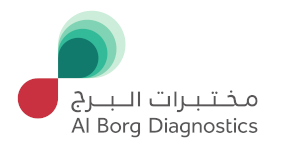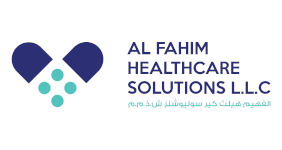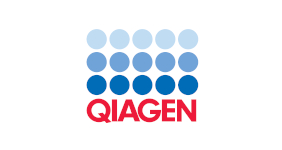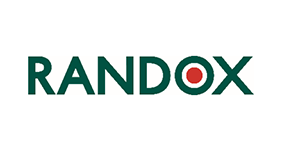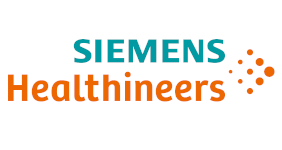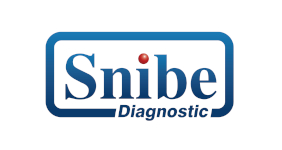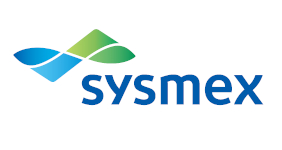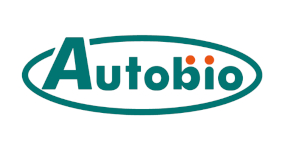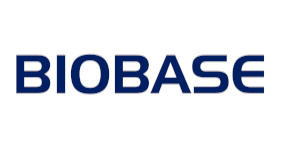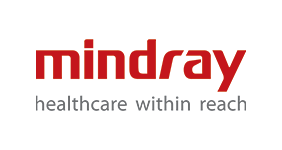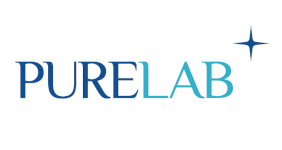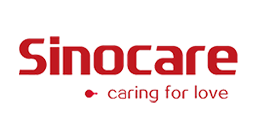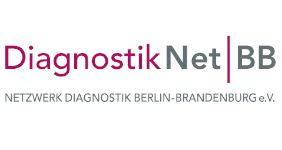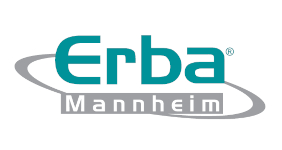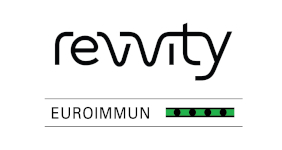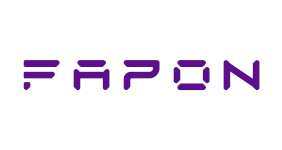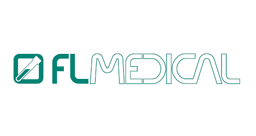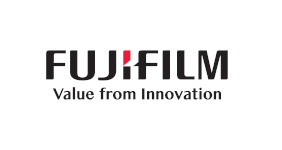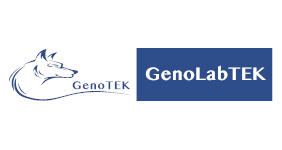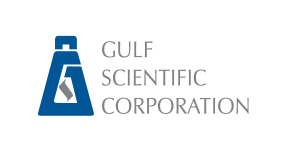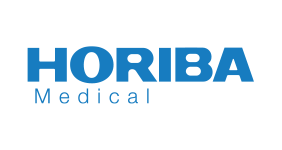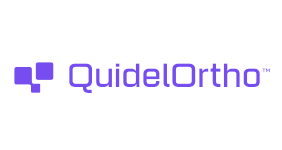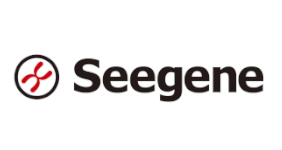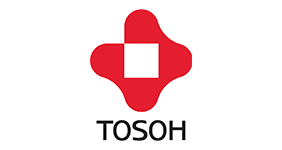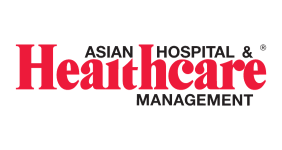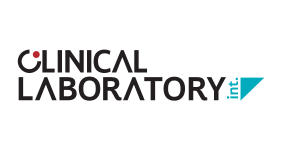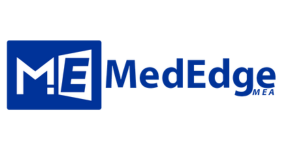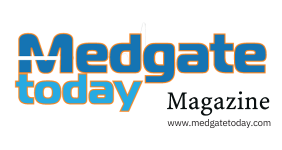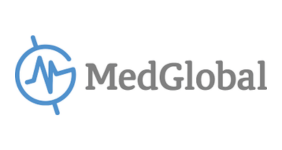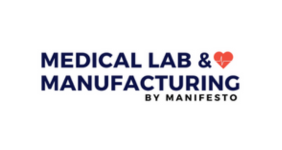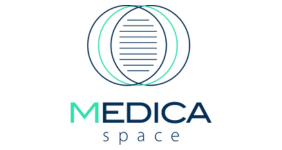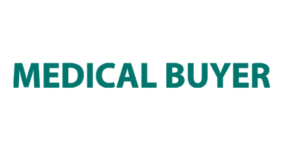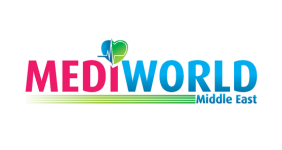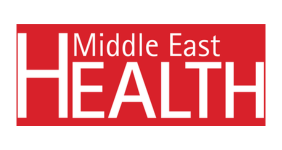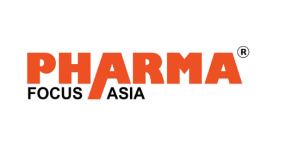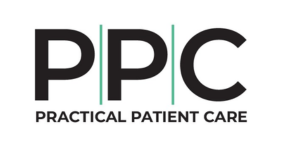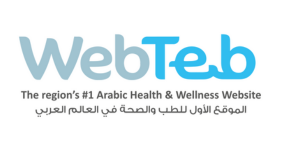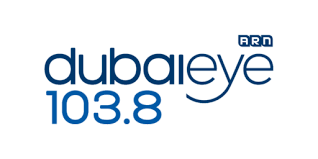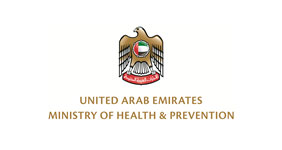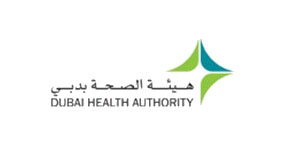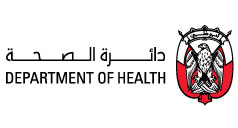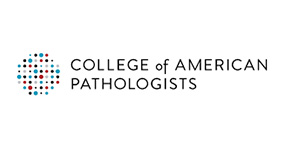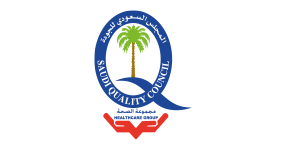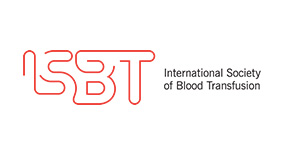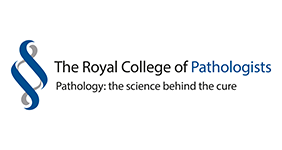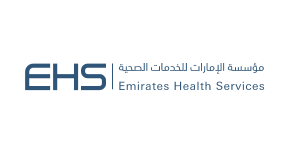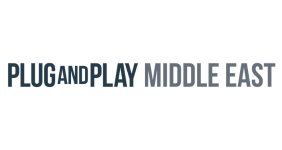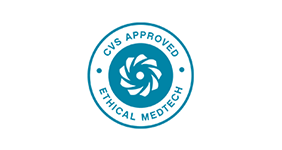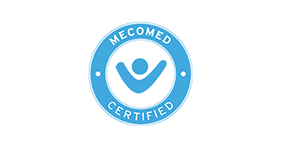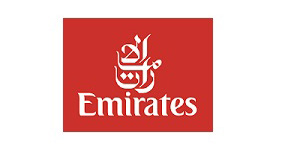Denis Andrieu, Vice-President, Commercial Operations, bioMérieux

It is a reported fact that almost every 45 seconds a person dies from an infection caused by bacteria, which have become resistant to antibiotics. According to Denis Andrieu, Vice-President, Commercial Operations, bioMérieux, this is where diagnostic tests play a crucial role and contribute to reducing the improper use of antibiotics and help ensure they remain effective for the treatment of bacterial infections not only in humans but also in animals. He shared that the company takes this fact very seriously and this reflects in its mission, which is to contribute to improve healthcare worldwide and fight against infection. Excerpts from the interview.
How has the laboratory industry evolved in the region? What has been the impact of advancements such as point-of-care-testing, Big Data, and personalised medicine?
Diagnostics is a fundamental source of income for medical, economic and social values. Although diagnostics could be less comprehensive compared to the pharma and medical devices portfolio, it is an overall specific niche market in the healthcare business.
Diagnostic tests are an essential link in the healthcare chain; between 60 to 70 per cent of healthcare decisions are based on these results. Thus, bioMérieux is a major player of In-Vitro Diagnostics (IVD) and a world leader in the clinical and microbiology industry, which contributes to uplifting the quality of patient care and the safety of consumers, respectively.
IVD tests have a decisive impact on the quality in each step of patient management, including:
- Early diagnosis at the onset of a disease, when symptoms are still very mild.
- Screening to help prevent certain diseases.
- Diagnosis and prognosis, in particular of infectious diseases, to identify the disease causative agent and determine its antibiotic resistance profile (whenever applicable).
- Therapeutic decisions and treatment monitoring.
Spending on medical diagnostics represents only 2 to 3 per cent of healthcare expenditures (i.e. the process of paying out). I think it is worth explaining that this cost is limited when weighed against the added values of diagnostics. Especially when you consider the savings it can generate, by reducing overprescription of unnecessary treatments and by shortening the length of hospital stay. This is in addition to participating in saving patients’ lives.
Furthermore, it’s a valuable tool for healthcare improvement, particularly in epidemiological monitoring and their control measures. It has been proven by many reputable international healthcare providers that accurate and rapid diagnostic results will positively impact the total outcome of patient healthcare management.
With reference to the advancement of technologies in the laboratory, all of those revolve around the quality of results provided and speed. At bioMerieux, when we think about introducing a newer technology, we consider many of aspects.
For example, our BioFire® FilmArray® is an accurate and rapid technology (getting results within less than an hour), which helps healthcare providers improve patient care and satisfaction by providing comprehensive syndromic testing (giving results directly from specimens based only on patient’s signs and symptoms). The impact on patient care ranges from hastening appropriate therapy to decreasing the length of stay.
Taking a global health approach, bioMerieux develops innovative solutions for clinical diagnostics and industrial microbiological control, particularly in the agri-food sector, environmental monitoring, and veterinary diagnostics. This holistic approach represents an essential asset when it comes to meeting public health needs such as antimicrobial resistance. It also allows us to provide the most complete offering on the market.
We are convinced that diagnostic tests have the power to fight infectious diseases. Our tests enable to sustain antibiotic efficacy for future generation. This is something that means a lot to each of us within the company.
According to you, how essential is automation in labs today?
It’s very crucial to have automation in medical laboratories. There could be many advantages to acquiring advanced technology. This perhaps will address current challenges, such as, but not limited to, scarcity of having skilled lab technicians working 24/7 and the necessity to provide high calibre quality results in terms of traceability, work standardisation and reliability.
What are some of the challenges faced by the industry currently and what does the future look like?
I think the main challenge is the implementation of new technology in the majority of healthcare institutions; due to hospital budget constraints and/or silo budget allocation for laboratories.
The concept of value-based healthcare is trending and will continue to bring a number of benefits in the future, including faster and more accurate diagnostics results; to enable improved patient care and reduce the length of stay, etc.
Could you give us a brief of the products and solutions you will be showcasing at MEDLAB 2019?
At MEDLAB, we will be showcasing an innovative solution to combat infectious diseases by providing a comprehensive platform to assist in implementing the Anti-Microbial Stewardship (AMS) programme. This includes automated pre-analytical solution, the only fully automated blood culture, and an automated system to identify the organism and their susceptibility panels.
We will also be emphasising the syndromic approach by presenting the latest technology in the IVD market (The BioFire® syndromic approach).
What according to you are the opportunities available to healthcare and trade professionals who attend MEDLAB?
Throughout the exhibition, healthcare providers and hospital management can get opportunities to meet with a diverse number of international experts, suppliers, and consultants, and get to know more about diagnostic technology leaders. Needless to say, those meetings with key opinion leaders could help them develop their services.
MEDLAB is an essential facilitator to help IVD suppliers meet with clinicians and lab managers. It allows manufacturers to showcase their latest innovations, and at the same time to see how those technologies may fit into their clinical practices or their laboratory institutions. Similarly, it helps IVD innovators.
By Deepa Narwani, Editor, MEDLAB Magazine




